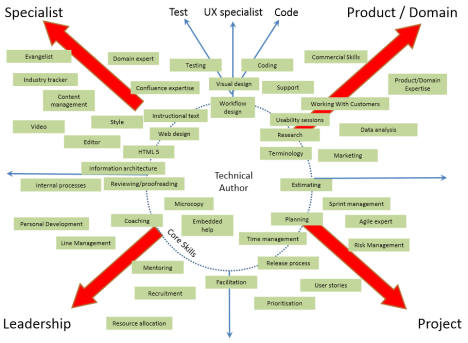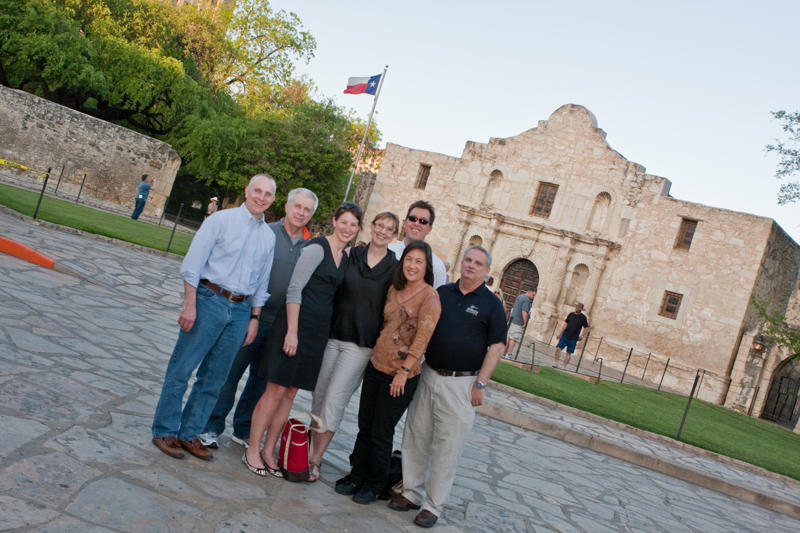Technical Communications Skills Map
Category:Infosec Communicator,Leadership,STC,techcommTechnical Communications Skills Map | Red Gate Software Development.
Have you wondered about the job possibilities available to you as a technical communicator? This skills map by Brian Harris provides a great view of where core techcomm skills can take you. (Please note that the original post is no longer available. I’ve linked to a higher-resolution image Kai Weber saved.)
Are there any areas you would add? For me, information security fits into both domain expertise and risk management.
The Society for Technical Communication provides a great place to learn about techcomm and develop the networking connections to take you along your career path. If you’re interested in techcomm, check us out.







 It’s been a little less than two weeks since the
It’s been a little less than two weeks since the 









